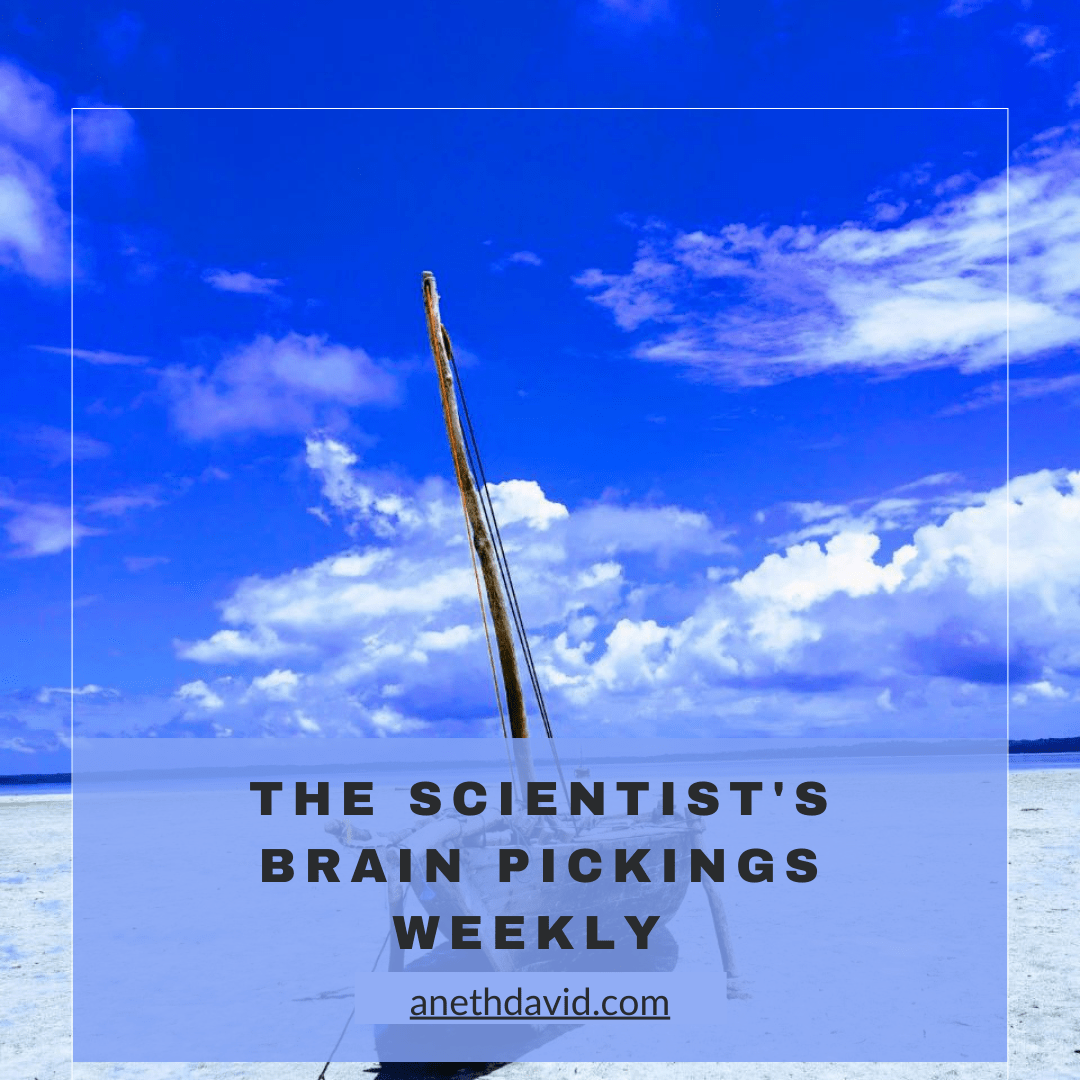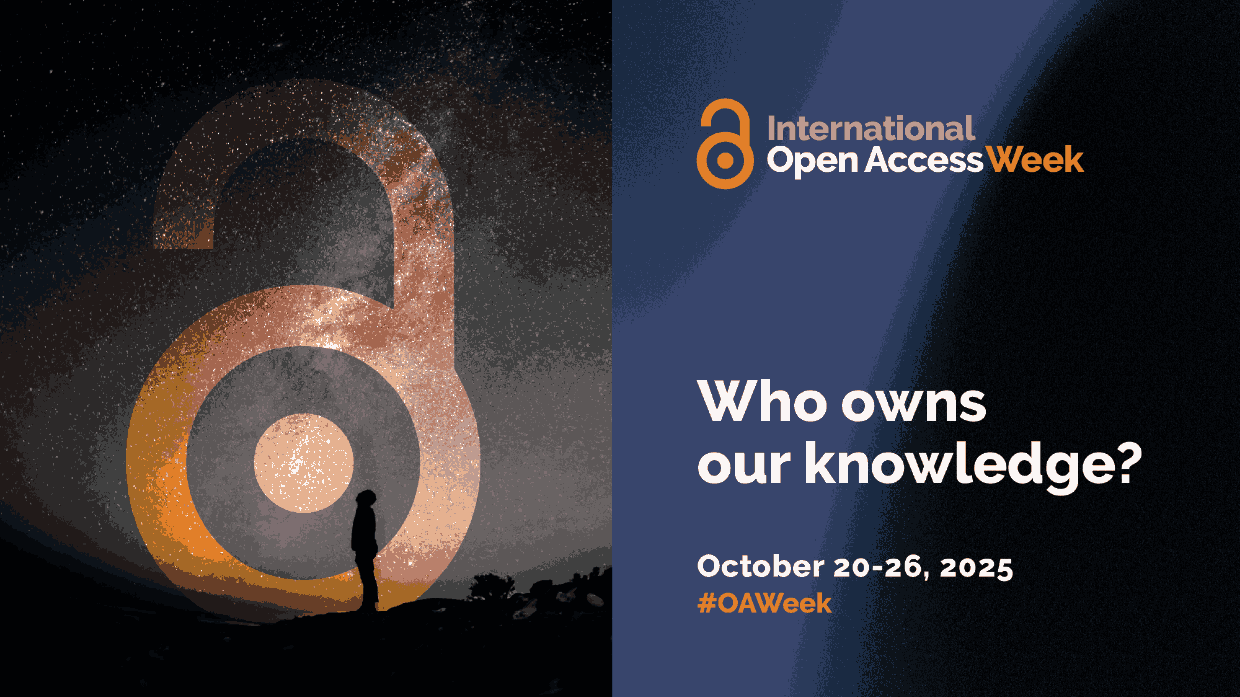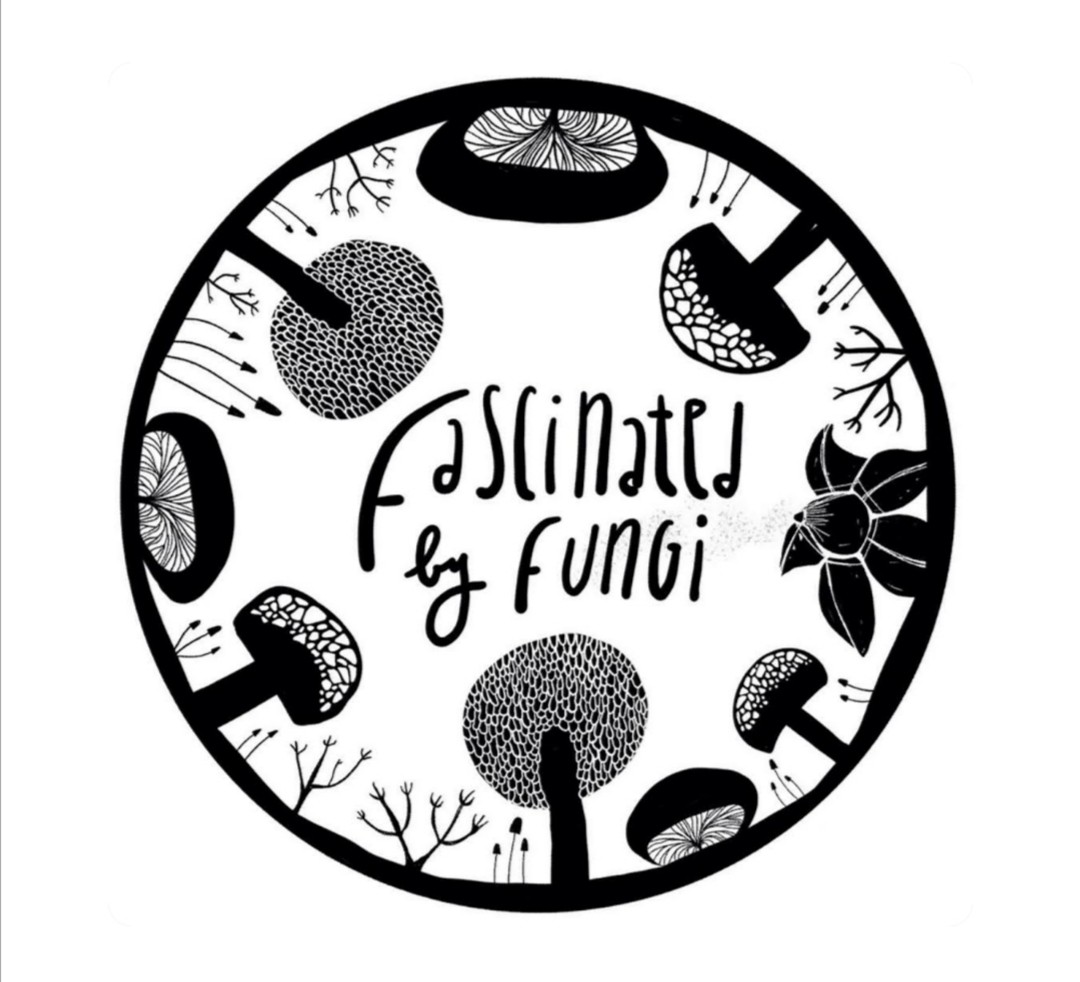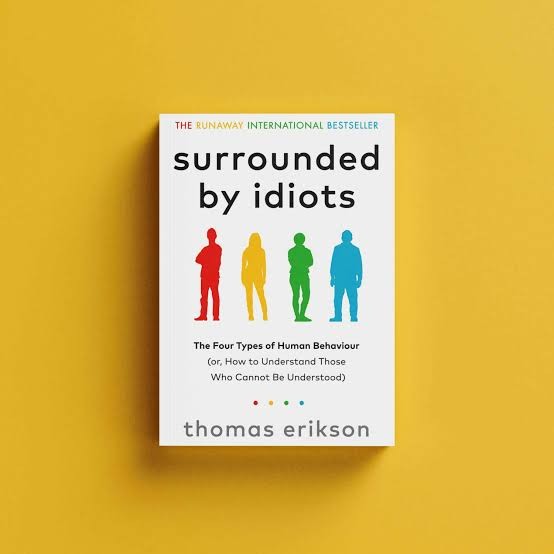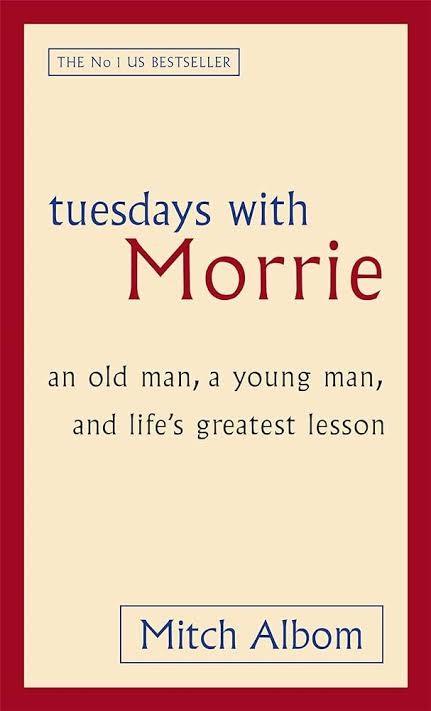By Aneth David, 20 May 2025
Today marks three years since I earned my PhD in Biology (specializing in Plant Protection) from the Swedish University of Agricultural Sciences (SLU). That day, May 20, 2022, was surreal. It marked the end of a six-year journey filled with challenges, breakdowns, the uncertainty of COVID-19, and ultimately, triumph. To this day, I still get emotional whenever I witness someone else achieving their PhD. I know what it takes.
Since then, I have resumed my role as a lecturer at the University of Dar es Salaam, a position I still hold. Over the past three years, I've grown immensely, personally and professionally. Here are some of the most important lessons I learned.
1. PhD is just the beginning
Unlike in some professions, in academia, a PhD marks the beginning of a career. Many are surprised to learn that researchers with a PhD awarded 3 - 5 years ago are still considered "early career." In my case, after 27 years in formal education, I still had to start afresh in many ways. While a PhD equips one with may valuable skills such as research, project and people management, critical thinking, communication, it does not mean automatic clarity or seniority in workplaces. Many of us find ourselves undervaluing our abilities, feeling like we need to earn our place again through "real-world" experience, even though our training has already given us the tools to make meaningful impact from day one.
2. The path forward is not always clear, mentorship is scarce
Although I returned to a well-defined teaching position, I struggled at first to find my research niche. Therefore, I set out to try out several areas, exploring and experimenting. This was not easy as one is expected to exit PhD studies with a clear plan.
One of the challenges I faced was the lack of mentorship. After a PhD, there is an assumption that you should know exactly what to do next, but the reality is far messier. Having someone to guide you, open doors, and offer feedback is crucial. It can save years of trial and error.
Unfortunately, structured mentorship and sponsorship are rare in academia. Role models exist, yes, but learning from a distance isn't the same as being actively supported. We need mentors who are accessible and invested in our success. Without them, we rely on our own resourcefulness and peer learning, which is slower and more uncertain
3. Partnerships make all the difference
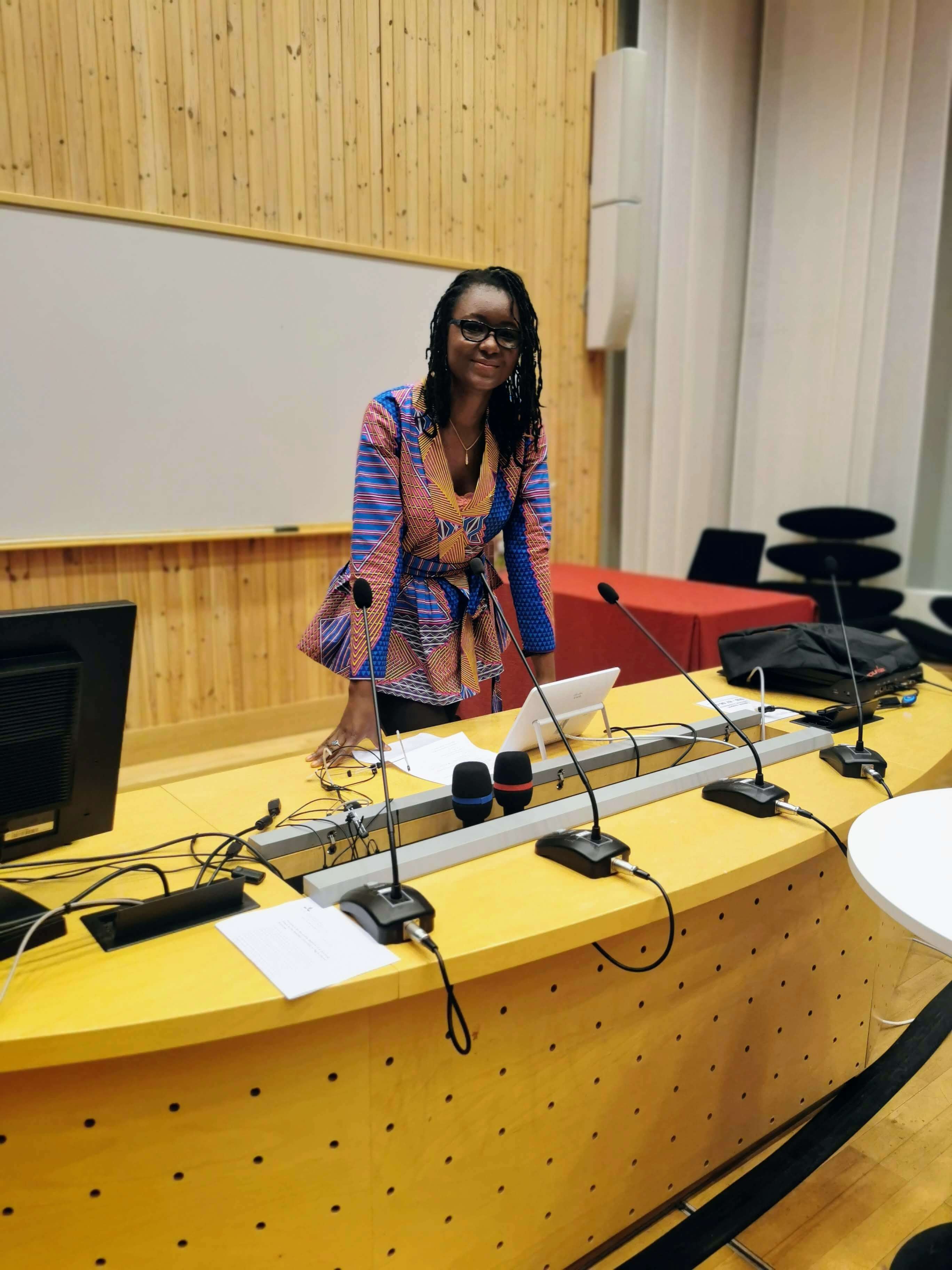 There is a common African saying that goes like "if you want to go fast go alone, but if you want to go further, go together". It can not be truer. In the past three years, I have been fortunate to collaborate with brilliant individuals and organizations that have supported and shaped my career. Together, we launched initiatives, contributed to impactful research, and created opportunities that I would not have found on my own.
There is a common African saying that goes like "if you want to go fast go alone, but if you want to go further, go together". It can not be truer. In the past three years, I have been fortunate to collaborate with brilliant individuals and organizations that have supported and shaped my career. Together, we launched initiatives, contributed to impactful research, and created opportunities that I would not have found on my own.
Over time, some partnerships have deepened and proven productive, while others naturally fell away. But every collaboration has taught me something. In low-resource settings, where research funding is limited, and by extension, publication and promotion opportunities, partnerships are even more critical. They have allowed me to join projects I would not have had access to otherwise, and each success builds toward more credibility, more trust, and eventually, bigger opportunities.
4. Focus and determination are key
"You can be anything, but you can't be everything. - Marie Forleo
Academic freedom is a blessing, but it can also be overwhelming. In the beginning and immediately after my PhD, I dabbled in many different areas, eager to explore and contribute. But I soon realized that building expertise and credibility requires deliberate focus.
The exploratory phase was important, especially after returning from studying abroad. I needed to understand the local research environment and get hands-on experience. But in time, I began narrowing my scope, choosing specific areas to invest in deeply. Focus has helped me channel my energy, say "no" more confidently, and build momentum in areas where I want to lead
Where I am now
Three years into this phase of my academic journey, I see a clearer path forward. I am now comfortable in the classroom and increasingly active in mentoring students and early-career researchers, role I cherish. But more than that, I have begun charting my long-term trajectory.
My focus moving forward includes research, consultancy, and policy engagement, particularly in agricultural biotechnology. I am especially passionate about farming systems, sustainable agriculture, bio-products development, and stakeholder engagement. I also have a strong interest in science communication, particularly open research and making science accessible to broader audiences.
Would I do it again?
"The journey shapes you more than the destination." - Unknown
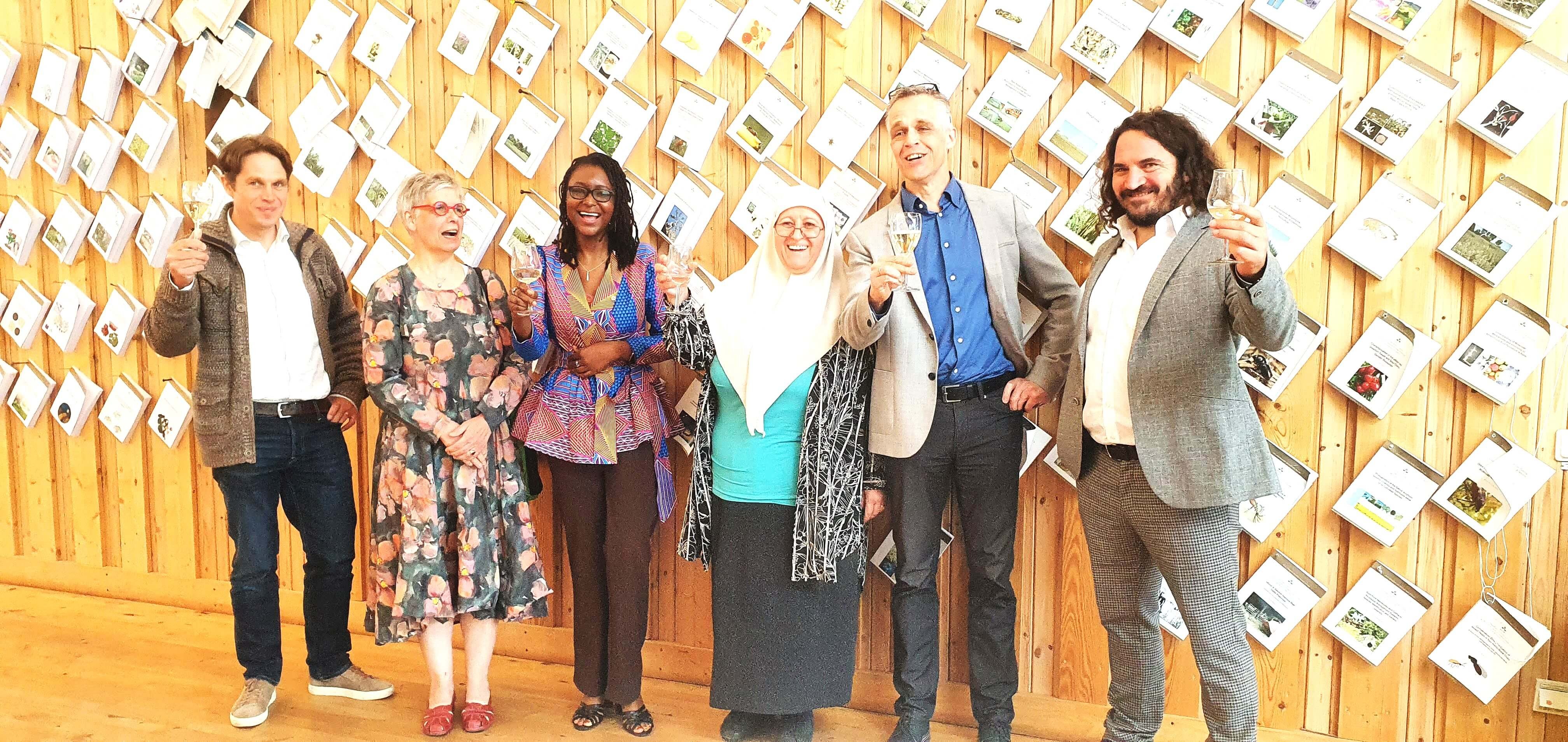
Would I go through a PhD again? Probably not. It is a path I am glad I completed, but once is enough. That said, given what I now know, would I choose to pursue a PhD in the first place? Absolutely. The journey has shaped me in ways no other path could. It opened doors and gave me a solid foundation for diverse career options. Still, whether or not I would recommend a PhD to someone else depends on their goals, motivations, and whether they know what they are signing up for.
Your Turn
How has your PhD experience been? Are you considering graduate school or looking for ways to make the most of your journey?
I would love to hear your thoughts, drop a comment below or reach out if you would like help navigating your path.
 Aneth David
Aneth David


